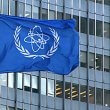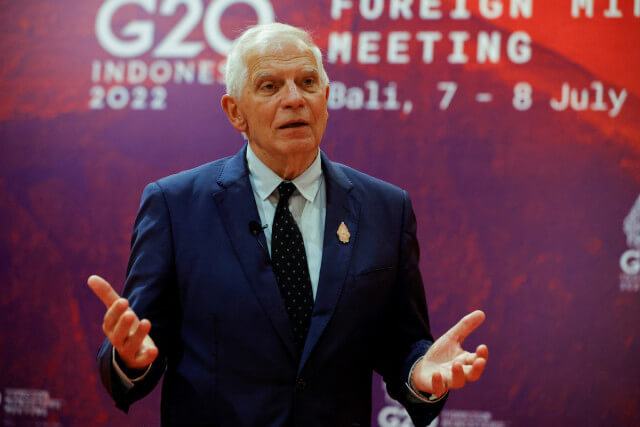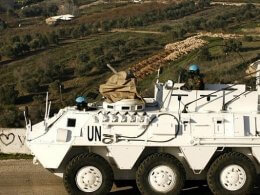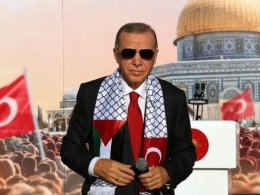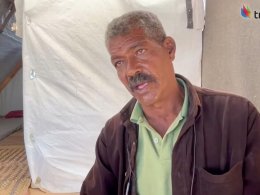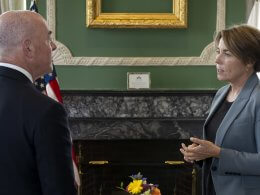After 15 months of intense negotiations between Iran and other world powers to restore the 2015 Iranian nuclear deal, the JCPOA, the European Union’s foreign policy chief said enough is enough.
In an op-ed published in the Financial Times on Tuesday, Josep Borrell called on Iran to decide on a last and final nuclear-agreement proposal he put forward on behalf of the E.U.
“I have concluded that the space for additional significant compromises has been exhausted,” the top diplomat wrote. “I have now put on the table a text that addresses, in precise detail, the sanctions lifting, as well as the nuclear steps needed to restore the JCPOA.”
Borrell did not specify the details of the draft in his column, but he noted that “this text represents the best possible deal that I, as facilitator of the negotiations, see as feasible.”
“It is not a perfect agreement, but it addresses all essential elements and includes hard-won compromises by all sides,” he said.
Ali Bagheri Kani, Iran’s lead nuclear negotiator, confirmed on social media that his country had “serious and constructive exchanges with other sides in the course of the past week.”
He wrote that, like Borrell, “We, too, have our own ideas, both in substance and form, to conclude the negotiations which would be shared.”
The United States is reviewing the E.U.’s draft proposal, according to U.S. State Department Spokesman Ned Price. Price said that Washington would share its view on the matter directly with the E.U.
As the negotiating sides seem to be coming to a head, a new report by Axios on Wednesday indicated that Washington does not have high expectations that a deal can be reached.
Israeli journalist Barak Ravid reported that Brett McGurk, the U.S. National Security Council Coordinator for the Middle East, told a group of think tank experts in a call last week that a revival of the deal is “highly unlikely.”
According to the report, the reason for the looming failure of a deal is that Iran is unable to make a decision and expects more concessions from the U.S.



